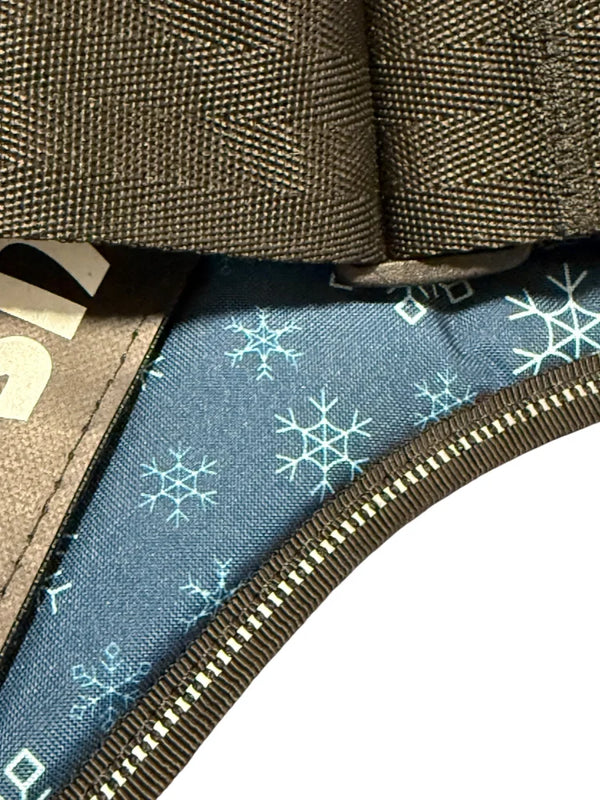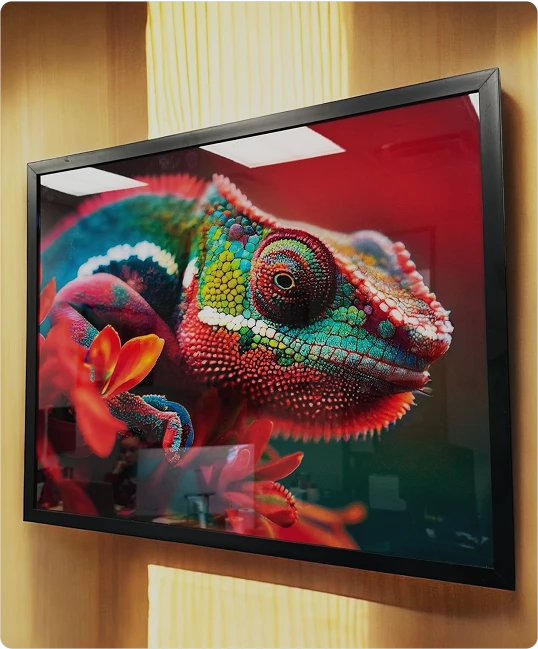Behaviors to look out for in a New Puppy
Behaviors to look out for in a New Puppy
While puppies are absolutely adorable, they can be notoriously naughty. Make sure you learn about the behaviors to look out for in a new puppy.
If it’s your first time being a puppy parent, you know that they are adorable—and also a handful! Patience is key. You need to keep your cool and start getting them used to some basic house rules. If you don’t start training them at this age, they can start to develop behavior problems in adulthood, which are harder to fix. We put together a couple of behaviors that you should look out for and also behaviors that are normal for a puppy.
Chewing
It’s normal for puppies to chew on objects they find around the house. For them, it’s a way to relieve pain caused by incoming teeth. When they chew on things, it helps their gums feel better—though your pup needs to know that it isn’t okay to chew. Make sure you keep objects you don’t want them to chew out of reach, whether you need to hide shoes, earbuds, or glasses.
Get your puppy a toy he can chew on that doesn’t look like an object you wouldn’t want to get destroyed. Don’t buy them a toy that looks like a shoe and don’t give them an old shoe to chew on, for example—they might just bite up your brand-new loafers if you do!
Biting
Puppies may nip at you as they learn to communicate with you. This can happen during playing and training or because their teeth are coming. If your pup nips regularly, then you should try to stop this before it becomes a problematic behavior. If you’re having trouble training your dog, ask for professional help from a dog trainer; your veterinarian can also recommend you a veterinary behaviorist.
Jumping
If your little buddy is jumping on you, they may be telling you that they want attention. It’s easier to train a puppy not to jump before the behavior sets in; therefore, you can start by training them some basics, including how to sit. If your dog starts their bounce off the walls, you can simply ignore them until they sit how you taught them. Then, give them a reward or treat after.
Begging
Dogs beg because they love food. Begging is a bad habit (though some owners encourage it) because it can lead to digestive problems and obesity. It is very, very hard to resist those puppy eyes, but it’s better to send your pup away from the table before you start to eat. If they behave, give them a special treat or leftovers.
Potty Training
Experts recommend that you begin house training your puppy when they are between 12 to 16 weeks old. By that age, they will have enough control over their bladder. Take your puppy outside frequently: immediately after they wake up, during and after playing, and after eating. You should reward your puppy after they relieve themselves by praising them or giving them a treat—this lets them know they are doing a good job.
Remember, puppyhood doesn’t last forever, so take time and enjoy this period as much as possible by giving your furry friend attention, love, and appreciation.



